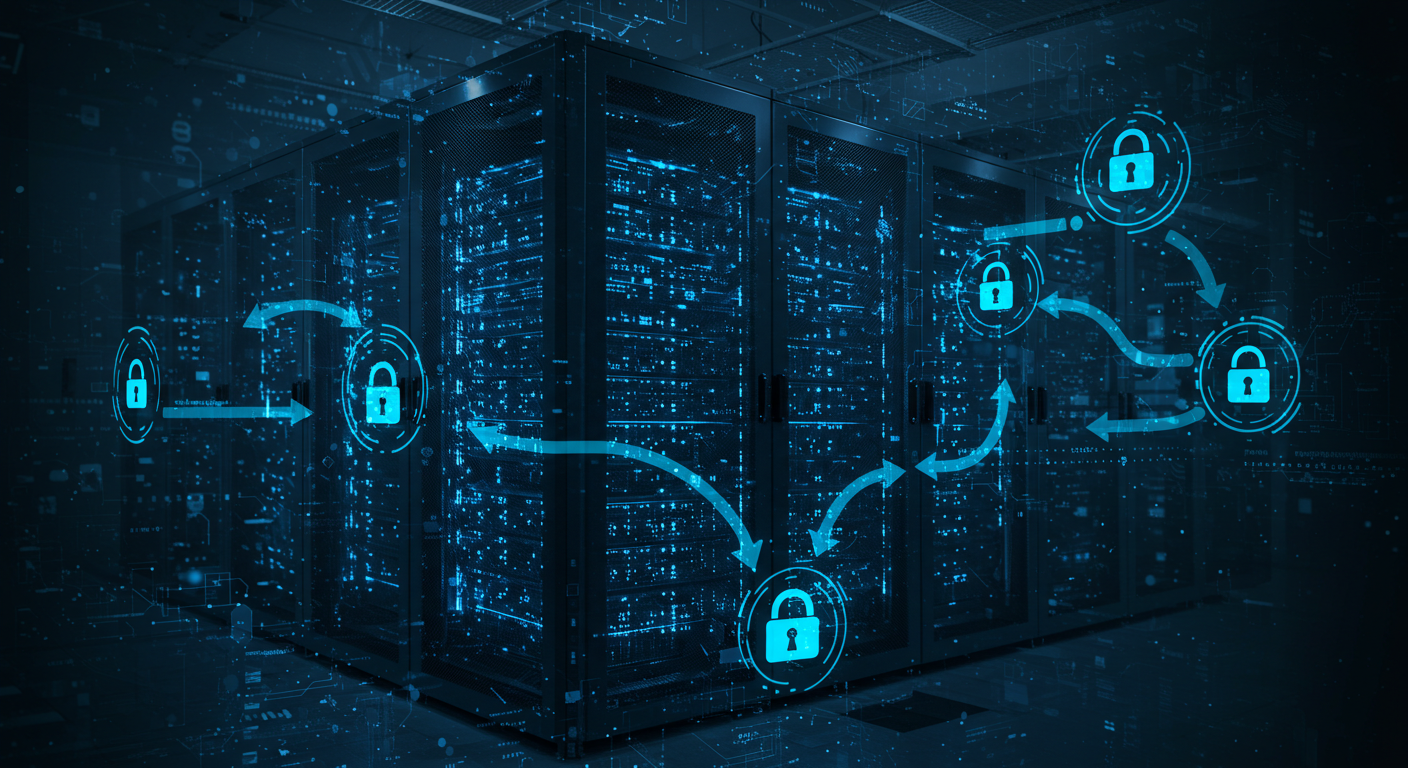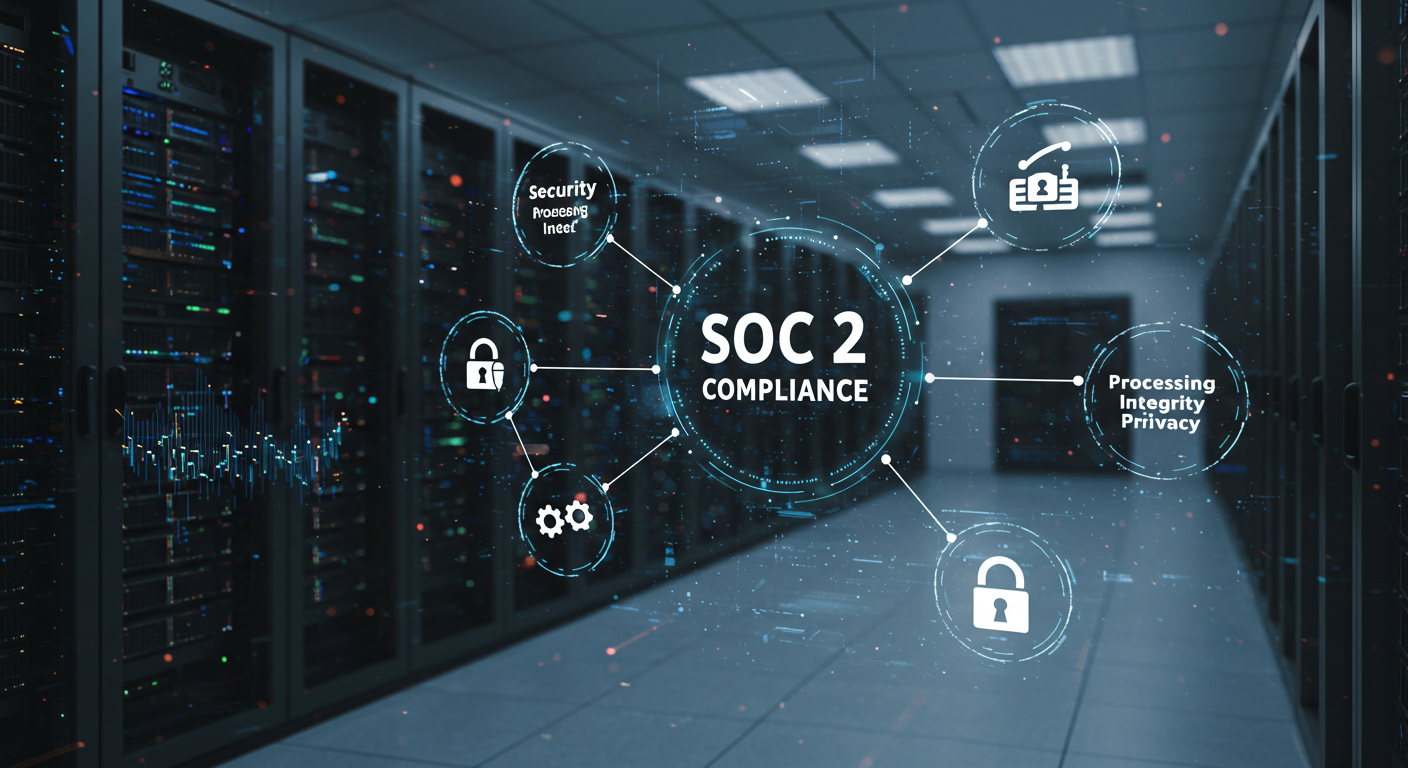In the digital age, where data has become one of the most valuable assets for organizations, the importance of cybersecurity cannot be overstated. A cybersecurity services provider is a company that offers a range of security services aimed at protecting an organization’s digital assets from various threats.
These services include, but are not limited to, threat detection, vulnerability assessment, incident response, and consulting. The cybersecurity landscape is rapidly evolving, making it imperative for organizations, especially healthcare organizations that handle sensitive patient data, to have a reliable cybersecurity services provider in place.
The rise in the number of cyber threats poses a significant risk to businesses. Cyber attacks can lead to data breaches, financial loss, reputation damage, and in the case of healthcare organizations, can potentially compromise patient safety. A reliable cybersecurity services provider can help mitigate these risks by offering robust security measures and prompt incident response.
What does a Cybersecurity Services Provider do?
Cybersecurity services providers offer a suite of services designed to protect an organization’s digital assets. These include security consulting, where they advise organizations on the best practices and strategies for cybersecurity. They conduct threat detection, identifying potential threats and vulnerabilities within an organization’s digital infrastructure. Cybersecurity services providers also offer incident response services, mitigating the damage in the event of a security breach and taking steps to prevent future incidents.
Role in protecting an organization’s digital assets
The role of a cybersecurity services provider in protecting an organization’s digital assets is pivotal. They put in place robust security measures to protect sensitive data and intellectual property from unauthorized access and cyber threats. This involves implementing firewalls, encryption, intrusion detection systems, and other security technologies.
They also conduct regular security audits and vulnerability assessments to identify any weaknesses in the system that could be exploited by hackers. The goal is to reduce the organization’s exposure to cyber threats and ensure the integrity, confidentiality, and availability of their digital assets.
How to Choose the Right Cybersecurity Services Provider
Selecting the right cybersecurity services provider can be a challenging task, considering the technical nature of the services and the plethora of providers in the market. However, the following factors can guide the decision-making process.
Evaluate the provider’s expertise and experience
The proficiency of a cybersecurity services provider in safeguarding digital assets is substantially influenced by their expertise and experience. When evaluating a provider’s competence, consider both the depth and breadth of their experience across diverse industries and organizations of varying sizes.
Providers with a broad base of experience are often better equipped to handle a wide range of security challenges. They have encountered numerous cybersecurity scenarios, honed their problem-solving skills, and accumulated valuable insights that can inform effective cybersecurity strategies.
It’s important to examine the provider’s commitment to staying abreast of the latest developments in the cybersecurity landscape. This includes familiarizing themselves with emerging threats, evolving technologies, and innovative countermeasures.
Assess their level of customer support
Excellent customer support is a cornerstone of quality service provision, particularly in the realm of cybersecurity. Given the time-sensitive nature of many cybersecurity incidents, a responsive and knowledgeable customer support team can be a crucial asset during a security crisis.
When assessing a provider’s customer support, consider their availability. Providers that offer round-the-clock support ensure that assistance is always at hand, no matter when an issue arises. Also, gauge the team’s technical competence and communication skills. Support personnel should be able to understand your issues, articulate complex technical concepts clearly, and provide practical, actionable advice.
A provider’s track record can also offer insights into their customer support performance. Look at customer testimonials, case studies, and reviews to see if they have consistently delivered prompt, efficient, and effective support.
Consider the provider’s cybersecurity methodology and processes
Different cybersecurity services providers adopt distinct approaches to securing an organization’s digital assets. Understanding these methodologies and processes is crucial in determining if they align with your specific needs and objectives.
Foremost, look for a provider that adopts a proactive approach to cybersecurity, emphasizing threat prevention rather than merely responding to incidents. This might involve conducting regular security audits, vulnerability assessments, and penetration testing to identify potential weaknesses before they can be exploited.
A comprehensive incident response plan is another vital component of a provider’s cybersecurity methodology. This plan outlines the steps to be taken in the event of a security breach, aiming to contain the incident, mitigate damage, and restore normal operations as quickly as possible. It should also specify communication protocols for notifying relevant stakeholders about the incident.
Moreover, the provider’s methodology should encompass a process for staying updated on the latest threats and cybersecurity best practices. Regular training, attending industry conferences, and contributing to cybersecurity research are indicative of a provider’s commitment to maintaining cutting-edge services.
Look at the provider’s security certifications and partnerships
The importance of security certifications and partnerships in the realm of cybersecurity services cannot be underestimated. Certifications like ISO 27001 and PCI DSS not only indicate that the provider adheres to internationally recognized standards, but they also demonstrate a commitment to maintaining high-quality services.
ISO 27001, for instance, sets forth a robust framework for managing information security and building a culture of continuous improvement. A provider with this certification can assure clients of a systematic and proactive approach to managing information security risks.
PCI DSS, or the Payment Card Industry Data Security Standard, is another critical certification for organizations dealing with cardholder data. A cybersecurity provider compliant with PCI DSS ensures a secure environment for cardholder data, thus reducing the risk of card data breaches.
Similarly, a cybersecurity services provider’s partnerships can also serve as a testament to their capabilities. Partnerships with leading cybersecurity technology companies mean that the provider has access to cutting-edge technologies and solutions. Moreover, these alliances typically involve rigorous training and certification processes, which further enhances the provider’s competence.
Check for compatibility with your current technology infrastructure
When selecting a cybersecurity services provider, understanding how their solutions integrate with your existing technology infrastructure is paramount. The provider should be capable of offering solutions that align seamlessly with your current systems, minimizing disruption and maximizing efficiency.
This requires the provider to have a deep understanding of various technology environments and the ability to tailor their solutions accordingly. They should be able to navigate complex IT landscapes, integrating their services with legacy systems, cloud environments, and emerging technologies alike.
Compatibility also extends to the provider’s ability to work within the confines of your organizational policies and procedures. They should respect and understand your operational constraints, while also advising on necessary changes to improve your cybersecurity posture.
Price and budget considerations
While quality of service should be a priority when choosing a cybersecurity services provider, budget considerations are also crucial. The costs associated with cybersecurity services can vary widely depending on the scope, complexity, and level of service required.
However, it’s important to remember that the cost of a cybersecurity incident, such as a data breach, can far exceed the cost of investing in cybersecurity services. Beyond the immediate financial loss, the long-term damage to an organization’s reputation and customer trust can be devastating.
As such, it’s crucial to find a balance between cost and quality. Opt for a provider that offers a clear and transparent pricing model, outlining the services included in the cost. This not only ensures you get value for your money, but also helps avoid unexpected expenses down the line.
Best Practices for Working with a Cybersecurity Services Provider
Once you’ve selected the right cybersecurity services provider, here are some expanded best practices to ensure a successful partnership.
Establish clear communication and expectations
Clear communication forms the backbone of any successful partnership. From the outset, define your security needs, goals, and expectations. Conveying these clearly to the provider will ensure alignment and foster a productive relationship.
The provider should also maintain open channels of communication, keeping you informed about any emerging threats, incidents, and significant changes in your cybersecurity landscape. They should also be ready to provide clear explanations and recommendations in a way that non-technical stakeholders can understand.
Regular review and assessment
Ensuring that your cybersecurity services provider continues to meet your security needs requires regular review and assessment. This involves evaluating the provider’s performance against agreed-upon metrics and objectives.
Regular assessments can reveal areas that need improvement and provide an opportunity to make necessary adjustments. These reviews can take the form of formal performance evaluations, customer satisfaction surveys, or even casual feedback sessions.
Continuously update and improve security measures
The nature of cyber threats is dynamic, requiring your security measures to be equally adaptable. Continual collaboration with your cybersecurity services provider is essential to ensure your defenses keep pace with the ever-evolving cyber threat landscape.
Your provider should maintain a proactive stance, routinely assessing your security infrastructure, identifying potential vulnerabilities, and making recommendations for enhancements. This may involve adopting new technologies, implementing more robust security policies, or strengthening user training and awareness programs.
Such continuous improvement reflects a mature cybersecurity strategy. By incorporating up-to-date threat intelligence and leveraging advancements in cybersecurity technologies, your organization can maintain a strong security posture.
Conclusion
Choosing the right cybersecurity services provider is crucial in today’s digital era, where cyber threats are increasingly sophisticated and pervasive. The right provider should have the necessary expertise and experience, offer robust customer support, have sound cybersecurity methodology and processes, and align with your technology infrastructure. Considerations around their certifications, partnerships, and price are also essential.
In closing, the right cybersecurity services provider is not just a vendor, but a strategic partner that helps safeguard your organization’s valuable digital assets. The relationship should be characterized by clear communication, regular reviews and updates, and a shared commitment to improving your organization’s cybersecurity posture.







